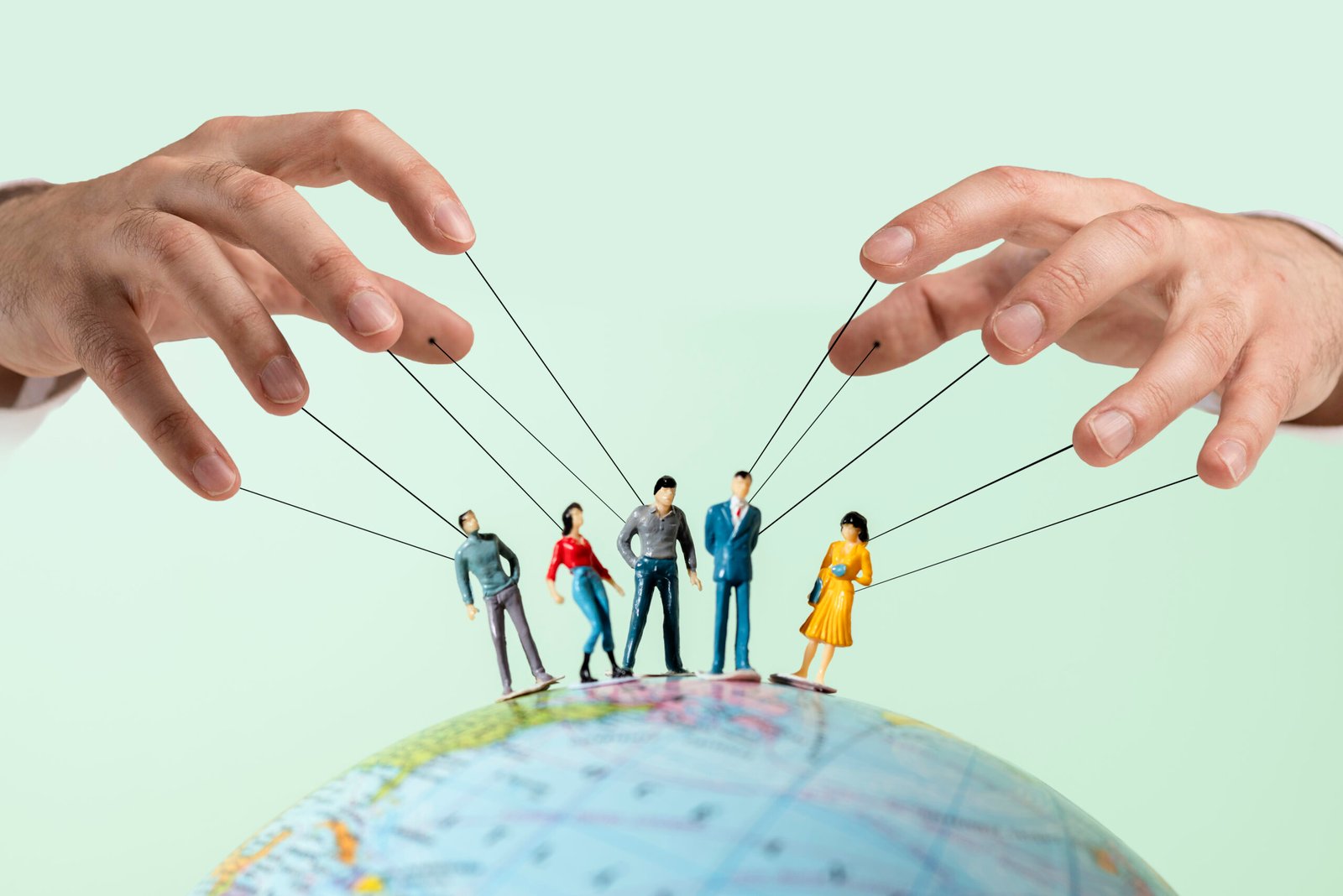Photo Credit (Freepik)
Understanding Cultural Exchange’s Importance and ImpactConversations about customs, values, and points of view among people from other backgrounds, races, and cultures can be enlightening and transformative. It involves completely immersing oneself in the culture of another; it extends much beyond casual discussions or brief visits. It is impossible to overstate the value of cross-cultural exchange in today’s world of growing interconnectedness. The definition of cultural exchange, its benefits, and the reasons that promoting it is crucial to creating a global community are all covered in this essay.What Is Cultural Exchange?Cultural exchange is essentially a two-way process where people from different origins share ideas, opinions, customs, and habits. It is a two-way interaction that fosters appreciation and comprehension rather than a one-sided absorption. Intercultural communication respects individuals’ own identities while recognizing the diversity of others.It can come in a variety of shapes and sizes, including volunteer work, collaborations in the arts, language immersions, and study abroad options. Thanks to the efforts of people like artists participating in international events, students studying abroad, and people interacting across cultures, the sphere of cultural exchange is always changing.Intercultural Communication’s Advantages
Encouraging Understanding Prejudices and stereotypes are dispelled through cultural exchange through actual exposure to diverse lifestyles. Direct contact with other cultures helps people gain a more nuanced perspective on the world, dispelling preconceptions and fostering empathy.
Gaining Understanding of Cultural Disparities When someone is exposed to different customs and cultures, their awareness of cultural distinctions grows. Participants in these interactions often come away from them with a deeper understanding of other cultures, enhancing the global community that values and embraces diversity.
Establishing Global Connections It enables the formation of international networks and linkages. These connections—personal, professional, or academic—help to create a world community that is increasingly linked and cohesive.
Enhancing Personal Development Accepting another culture wholeheartedly can have a profound impact on a person’s life. Because it pushes people to step outside of their comfort zones, adapt to unfamiliar situations, and engage with unusual social dynamics, it fosters resilience, flexibility, and open-mindedness.
Inspiring Originality Cultural exchange fosters creativity in individuals by exposing them to a range of problem-solving approaches and perspectives. This idea sharing typically results in fresh concepts and inventive solutions.
Preserving Cultural Heritage Sharing traditions and practices with others is a major component of cultural exchange, which supports the preservation of cultural heritage. It ensures that facets of imperiled cultures continue to be appreciated and valued globally.
The Value of Cross-Cultural Communication
Promoting International Peace In a society when miscommunication and violence are the norm, cultural connection is crucial to fostering peace. It creates a basis for peaceful coexistence by encouraging respect and understanding of other cultures.
Working Together to Solve Global Issues In order to address global issues like poverty, public health crises, and climate change, cooperation among nations is required. Building connections through cultural exchange makes it easier to share knowledge, resources, and original ideas to solve these issues as a group.
Encouraging Diverse Cultural exchange promotes tolerance and helps to break down barriers. It promotes a diversity-valued culture that aids in the development of more cohesive and welcoming communities.
Promotion of Lifelong Learning The process of cultural exchange promotes lifelong learning outside of the classroom. It encourages a never-ending search for understanding different viewpoints by arousing curiosity and fostering an open mind.
Final Words
Interaction between cultures is not only a healthy habit but also essential in today’s interconnected globe. Building intercultural communication and collaboration is crucial as we address the issues of the twenty-first century. Cultural exchange programs are a great way for individuals, organizations, and governments to actively participate in and support the development of a more peaceful and inclusive global society. Respecting the diversity of human culture has an impact on our community’s present and future in addition to being a fulfilling experience.
